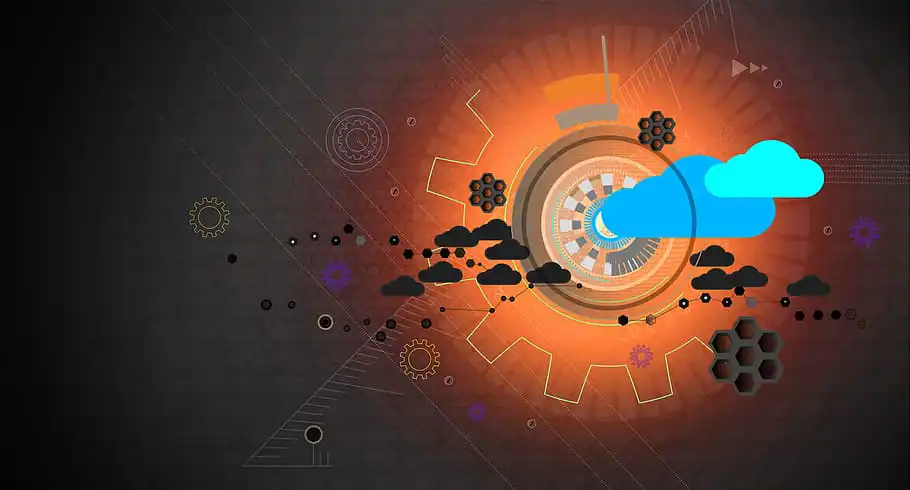The Gaza Strip, a small, crowded.
The Palestine Telecommunications Company (Paltel), which had the infrastructure in place, planned to supply Gaza with broadband internet. However, officials in Israel, which surrounds Gaza, were not on board.
Israel has long kept their control over the strip's telecommunication cables, justifying this move under the guise of security concerns. They feared that the internet could be used by extremist groups within Gaza to facilitate attacks.

This ignited a power struggle between the local Palestinian authorities and Israeli officials which continues to delay internet access. Gaza inhabitants holding out hope for better connectivity were left in the dark, quite literally.
More than Internet Blackout
Ordinary citizens subject to the blackout face various difficulties, from disrupted communications to halted business operations. An internet blackout leaves them cut off from the global community, unable to participate in the digital world.
Aspects of every day life that many take for granted, from researching topics of interest online to casual social media interactions, were suddenly no longer available. The often overlooked education sector was severely impacted, with students losing access to information sources, digital classrooms and research databases.
The economic impact of the blackout is also profound. With the world becoming more reliant on online transactions and ecommerce, not having internet access can severely impede a region's economic growth.
Most heartbreakingly, families separated due to the political situation were deprived of their only means of connection through online communication platforms.
The Political Game
The political back-and-forths between Palestinian and Israeli authorities became so entwined with the internet issue. While Paltel and the Palestinian Authority accused Israel of creating the hurdle, Israel remained defiant claiming security concerns.
The Palestinian factions also displayed their self-interest, establishing more control over Gaza's infrastructure and the lucrative revenues that the telecommunication sector brings.
The Gaza residents seemed to be pawns in the political gambit played out between these authorities. Their request for a basic human right – freedom of information – was being sidelined.
No one took responsibility for the internet crisis, leading to an impasse that only worsened with time.
Pressing Human Rights Concerns
Contrary to what the rest of the world believed, Gazan residents were not oblivious to the global advancements in technology. Having no internet did not mean they were in the dark about the advancements happening outside their borders.
However, their yearning to be a part of this global discourse and development was growing stronger by the day. Internet access was not just a matter of convenience, but a basic human right being denied to them.
In a world increasingly dependent on technological innovation, such denial could translate into dire consequences. Not just economically, but also psychologically, affecting the morale of a population already living in a state of conflict and isolation.
While the world moved towards a 5G future, Gazans were still struggling to connect to the internet.
Hope Amidst the Darkness
From this bleak situation emerges a ray of hope – the resilience of the Gaza people. Despite facing a long-standing political conflict, scarcity of resources and now an internet blackout, the Gazans chose to be survivors instead of mere victims.
Even without online access, they found creative ways to learn, innovate and communicate. Some converted their homes into small classrooms, others used smuggled equipment to set up local television stations.
Without the internet, a global village was not accessible to them, but they created their own local village, united in their struggle. Together, these attempts symbolize their indomitable spirit amid an internet blackout.
Amidst the political power play, the underlying truth remains – the Gazans need, and deserve, a reliable internet connection. As they have shown, it’s more than just a necessity; it is a symbol of resilience, a beacon of hope in the midst of daily struggles.